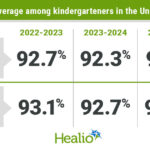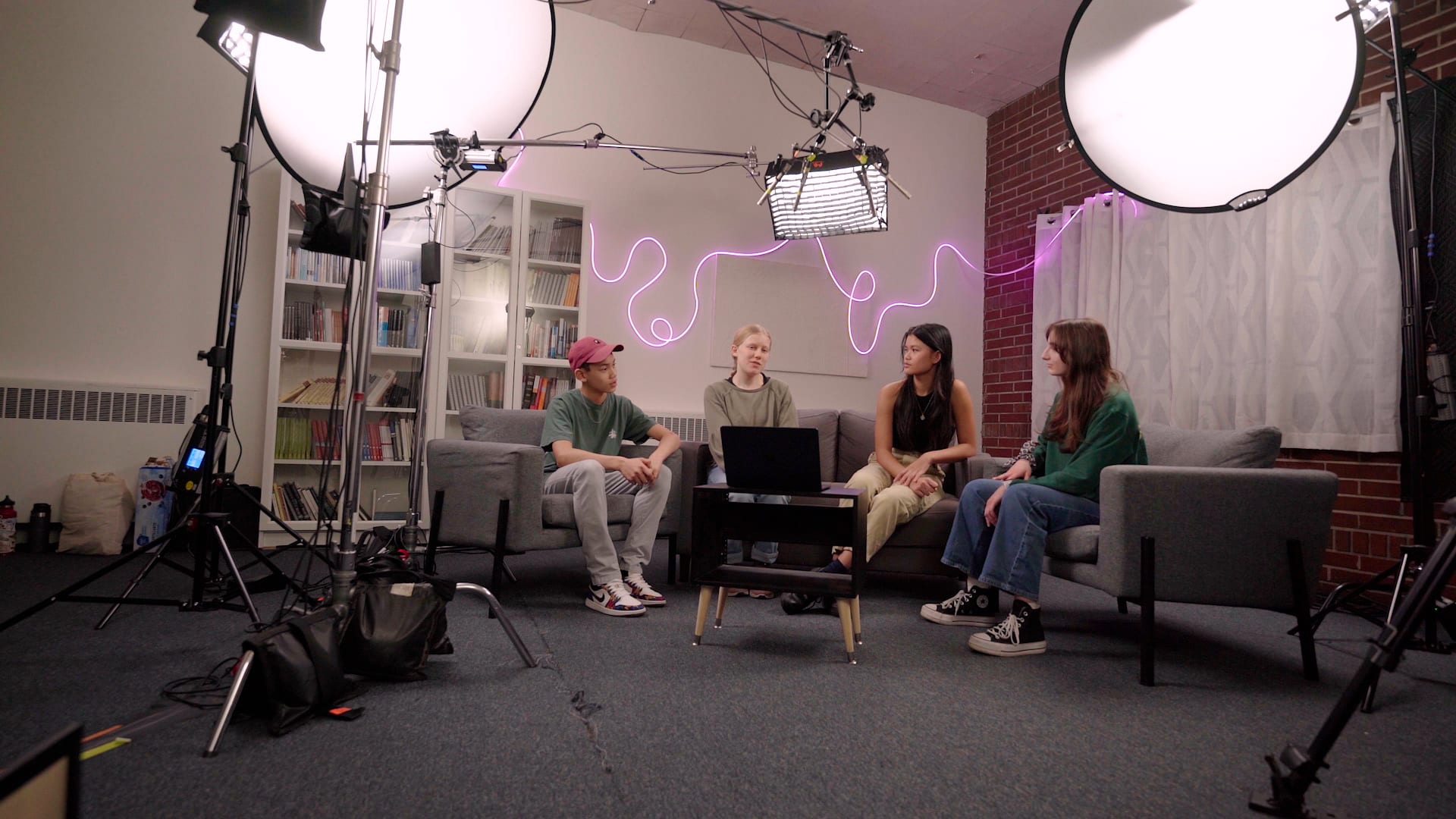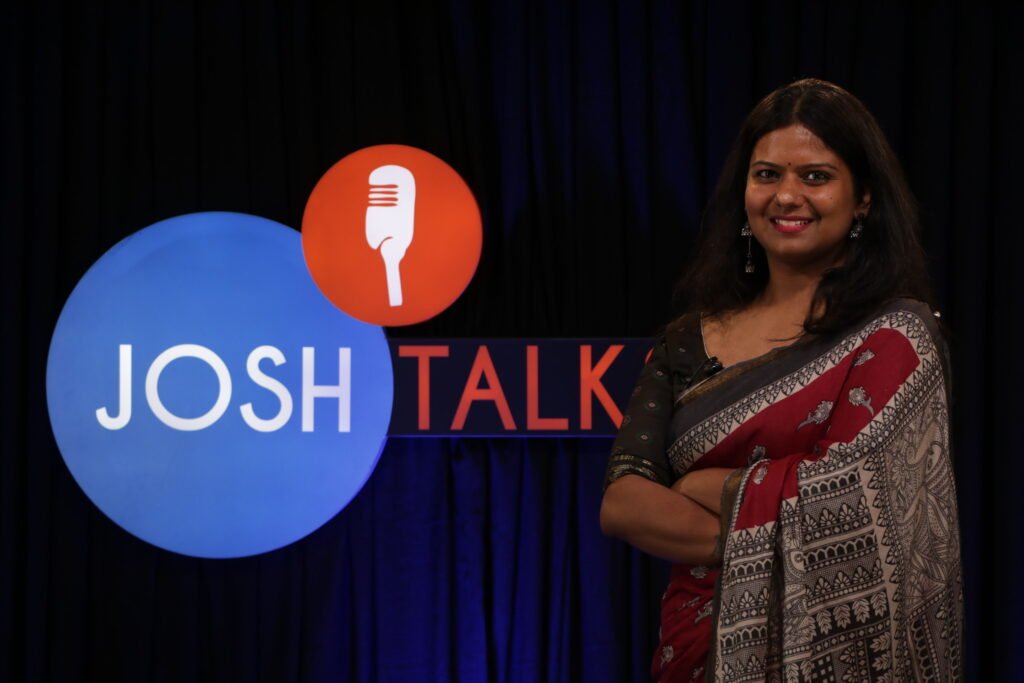I recently moved back to my motherland, Australia, and over the Christmas break my husband and I took a long drive across two states to see friends and family. We drove from bustling Sydney and passed through hundreds of small towns. Many of these towns only had the basics—a supermarket, fire station, church, and hotel/pub. As we passed through one of these towns I thought, “The Sanctuary Youth Series could be accessed here.” Then we drove past a house on a farm and I thought, “The family who lives in that house could access it too.” No matter the size of the town, the number of buildings or the resources they have, every town we drove through can access the youth series.
This resource could be game-changing.
We are in the midst of a youth mental health crisis1 and we live in a time in which loneliness and social isolation are deemed a world health priority due to their adverse effects on mental and physical health.2 Whether in the city facing long waitlists for healthcare, or in the countryside where there are no mental health professionals for miles, getting access to good mental health resources can be easier said than done. The good news is that the Church has much to offer. While professional support remains important, research consistently finds that strong social connections really matter when it comes to our mental health.3
Often at the start of a new year, we reflect on the previous year. If you work with young people, I would guess that some of your highlights from last year were moments of connection. Whether it was shared laughter, the experience of being a trusted confidant, or seeing something click as you were teaching, connection keeps us going. One of my highlights of 2024 was experiencing several of these moments over the course of a week.
Last January, the Sanctuary team filmed the youth discussions featured in the youth series. I was slightly nervous bringing together young people who didn’t know one another and asking them to have a discussion—while being filmed! Would it be awkward? Would they have much to say? Would they get along? But it worked out! These young people (who you’ll meet in the films) listened and talked with one another for hours. They connected! Watching them gave me a concrete visual of what it will be like when groups around the world start going through the youth series. I witnessed honesty, empathy, insights, wisdom, and connection. This experience assured me that through The Sanctuary Youth Series, young people will have the space and guidance to talk about mental health and faith with trusted adults.
To see an example of these connections and conversations, watch the trailer for The Sanctuary Youth Series.
What some people don’t realize is that although young people are more likely to talk about their mental health with their friends than a youth ministry leader or parent/caregiver, many still want to talk to the adults in their lives but may struggle to initiate these conversations. For example, among youth aged fifteen to nineteen, 64% reported they would go to friends to seek help with important issues in their life (including mental health). This was closely followed by 59% who reported they would turn to parents and caregivers. And yet, when presented with a list of activities and asked which they found hard to do, turning to a friend or family member if they needed help was rated as the second hardest option.4
We also know that young people aren’t just seeking people to talk to about their mental health; they also have lots of questions related to faith and mental health. In 2020, we conducted a survey to inform the development of the youth series. I was most impacted by the responses to the question, “If you could ask God one thing about mental health, what would it be?” The responses inspired us to shape each session of the series around the key questions that arose, including “What does the Bible say about mental health?” and “If you have a mental health challenge, can you get better?” The content is informed by both psychology and theology as we help young people explore what it can look like to have God with you on your mental health journey, whether you’re flourishing or languishing.
So let’s make the first move and initiate the conversation.
The Sanctuary Youth Series is a user-friendly tool to help start conversations about mental health and faith among young people, trusted adults, and their parents and caregivers. The content is designed for young people to go through with adults such as a youth ministry leader or pastor, school teacher, or youth worker. You could meet in a church hall, living room, classroom, juvenile detention centre, hospital, or youth centre! Wherever you are, by exploring mental health and faith through the eight engaging and informative films, participating in games, conversation, exercises, and prayer, you are doing one of the best things you can for young people—connecting. We have also provided a guide for parents and caregivers to explain the key concepts of each session, recommend resources to learn more, and suggest ways to continue the conversation with their teen at home.
Young people have already been shaped and moved by this youth series during its development. I have no doubt many more will be too now that it’s out in the world.
Amy Yeung (née Deutscher)
Primary researcher and developer of The Sanctuary Youth Series
[1] U.S. Centers for Disease Control and Prevention, “Youth Mental Health: The Numbers,” November 24, 2024: https://www.cdc.gov/healthy-youth/mental-health/mental-health-numbers.html.
[2] World Health Organisation, “Commission on Social Connection,” accessed January 5, 2025, https://www.who.int/groups/commission-on-social-connection#:~:text=Across%20all%20ages%20and%20regions,a%20global%20public%20health%20priority.
[3] For example, see the Orygen’s 2024 Young People and Loneliness Policy Report or What Happened To You?: Conversations on Trauma, Resilience, and Healing with Dr. Bruce D. Perry and Oprah Winfrey.
[4] Mission Australia, Youth Survey Report, 2024.
AMY YEUNG

Amy teaches in the areas of mental health and theology. For over fifteen years she has been studying these two fields and integrating them through her work with young people in Australia and Canada. She is the primary researcher and developer of The Sanctuary Youth Series. Amy now continues to develop mental health resources for the Church with the Mental Health and Pastoral Care Institute and also teaches at Mary Andrews College in Sydney, Australia.










